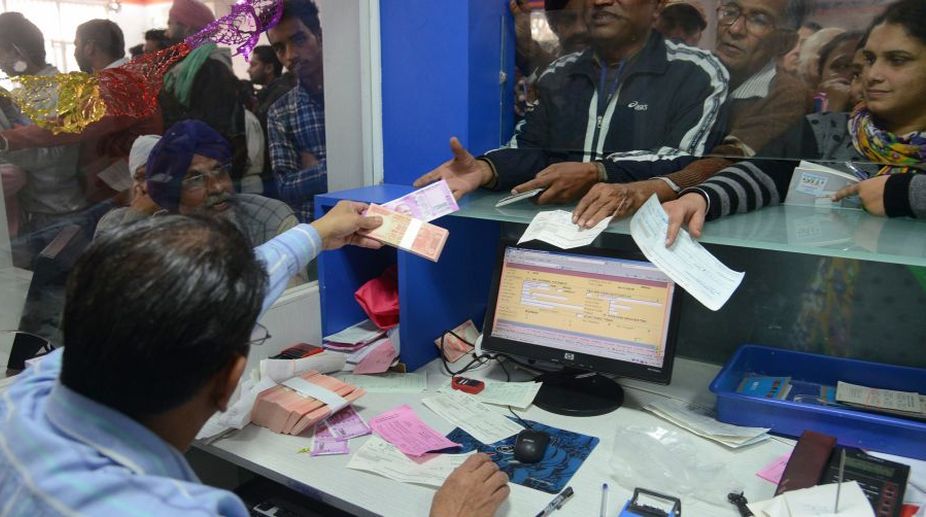Banks should not only adhere to Know Your Customer (KYC) norms but also on ‘Know Your Employee’ to check frauds, says the recently-released vigilance manual by the CVC.
“Several frauds are insider jobs or perpetrated with the abetment of insiders. Banks have to take extra care to have continuous vigil on their staff,” it said. The techniques of background check for antecedents, periodic rotations, vigilance assessments, internal audits, etc. have to be effectively employed to know the employees better, the CVC said suggesting the need of the “Know Your Employee (KYE)” and “Know Your Partner (KYP)” norms.
Advertisement
It said modern day banking necessitates to work in hand with partners, agents and vendors, etc besides outsourcing, peripheral and several operational activities involve deploying and trusting outside agency’s employees.
“Varied activities as diverse as cash logistics to IT and data management are being entrusted to third parties. Banking Correspondents and Banking Facilitators are emerging as another set of persons closely associated with a bank.
“If frauds are to be prevented, banks should have appropriate mechanism to screen their partners,” the manual said. Due diligence on other professionals like Chartered Accountants, valuers and advocates involved in the loan assessment and sanctioning processes is also an essential safeguard, said the Vigilance Manual 2017, released by Minister of State for Personnel Jitendra Singh.
“There have been instances where some of these professionals have facilitated perpetration of frauds by colluding with the borrowers to fabricate/fudge financial statements, inflate security valuation reports and prepare defective search reports for title deeds of mortgaged property and banks have been led to overestimate the funding requirements and security cover,” it said.
The manual said prescribed documents should be obtained from an account holder to comply with the KYC norms.“Apart from obtaining the relevant documents, effort should be made to ‘know the customer’ in the real sense – his background, his stated activities/profession.
“Discreet enquiries be made on the suppliers/buyers to check if they are in the same line of business or are bogus entities. Such timely checks help identify frauds at an early stage,” it said. The manual said a strong system of guiding the anti-fraud initiatives should be present in the bank.
“This requires a look at the corporate governance in banks and board level ownership of the anti-fraud initiatives,” it said. The bank should deal firmly and consistently with any fraud, which should enable employees to escalate their concerns and insights on potential frauds to the top management, the manual said.
It is for the first time that a special chapter on public sector enterprises, banking and insurance companies has been included in the seventh edition of the vigilance manual. The sixth edition of the vigilance manual, which acts as a ready reckoner for the anti-corruption officials working with various government organisations, was launched in 2015.











